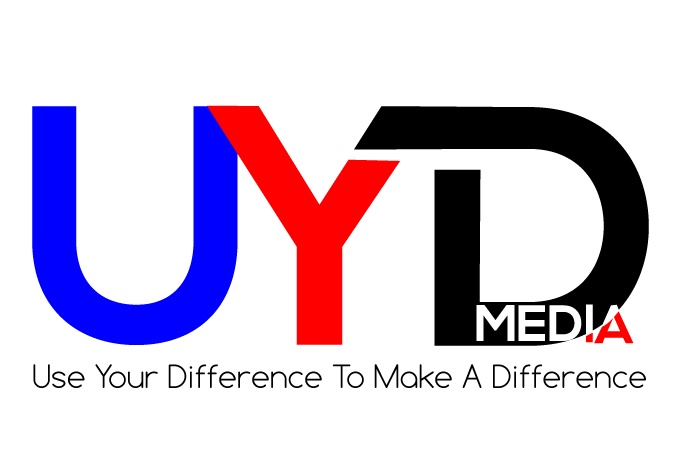We have been raised to believe meritocracy as the way to success.
They teach us from an early age in school as potential future leaders that “If you work hard, you’ll accomplish everything you wish”.
This begins our never-ending journey for the spotlight. It all seems fair as we are competing with people from similar backgrounds, values, and lifestyles.
However, it’s fearful to see our society forming leaders who have absolutely no idea of what the world we live in today is really like and otherwise reproducing the status quo. A lot of people are completely unaware of what is just right around the corner.
It is even more shocking to see that even in a developing country such as my country Brazil, some of our potential leaders of tomorrow who – the ones who will either be hiring or entering the workforce developing public policies or working in the mainstream media – have been to several countries and speak numerous languages can talk about finance or international politics but do not know how much a bus ride costs in the city they live in.
I could be one of these people. I am a middle-class girl who was raised in a loving environment, studied in excellent schools and in one of the best universities in the country. I’ve travelled to other countries in South America, Europe and Asia. I have had excellent jobs and think I can say I’ve achieved everything I have wanted to so far in my life.
However, I can happily say I am not one of them.
I am grateful that I am able to see poverty every day. I am grateful for being able to enter slums and witness people’s lives. I am grateful for being able to see families that left their homes with nothing but the clothes they were wearing because of mudslides receive keys to a brand new home.
Above all, I am grateful for knowing that I am where I am now because the world has made it easier for me to get here, not because I worked really hard for it.
Last year I was in one of the favelas (Brazilian slums) I work at in order to follow the movement of a few families. They had to move because of urbanization works in their area. The process is always very fast. Once the last item is placed in the truck, the demolition begins. At some point, I saw a woman crying as she walked out of the home she had built a few years ago. Her 4 year-old son was a few meters away from her and he stood still with a plastic cup filled with Coca-Cola on his hands. He seemed hypnotized but not at his house. Rather he seemed transfixed on the loud noise that the hammer made as it came down smashing down the wall.
He shook, unaware that his Coca-Cola was dripping out of his cup.
Forced displacement and resettling is just one example of what goes on in these areas but it creates are the following scenarios:
- Living on starvation
- low quality education
- and violence in general
All these will certainly impact a child’s life. It will also definitely blur the possibility of a bright future.
How often do we think of other millennials who were not as lucky as we are to be in a position to be potential leaders in the future?
What do we think of them?
What do we expect from them?
We often see and read about the fortunate people who built an empire out of nothing, serving as examples of how hard work will lead you to success but is it right to take these exceptions as rules?
The world will be a better place if we not only learn how to respect differences but if we also seek to actively fight against inequality in our society today.




